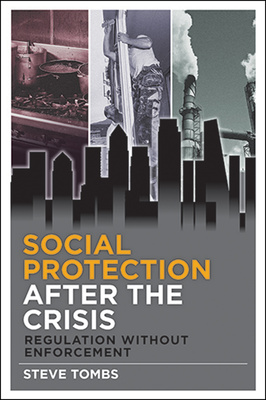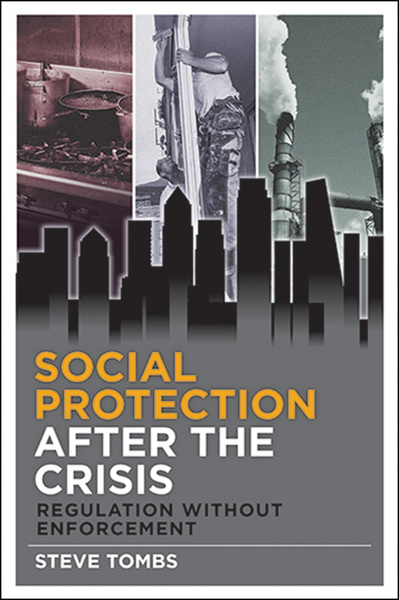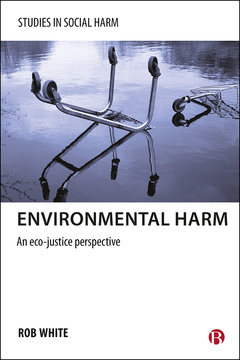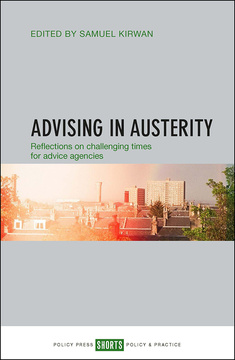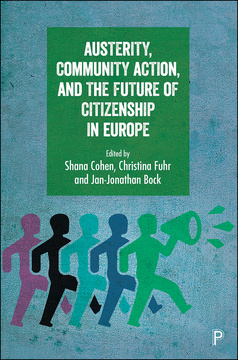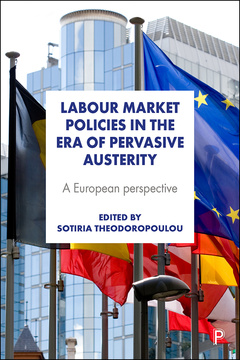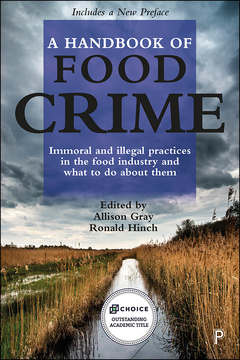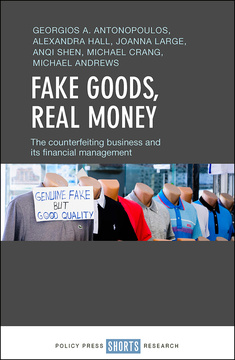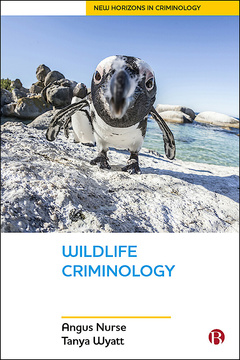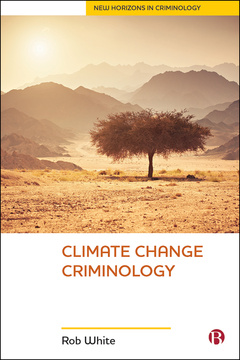Published
Mar 15, 2017Page count
280 pagesISBN
978-1447313762Dimensions
234 x 156 mmImprint
Policy PressPublished
Nov 16, 2015Page count
280 pagesISBN
978-1447313755Dimensions
234 x 156 mmImprint
Policy PressPublished
Jun 1, 2016Page count
280 pagesISBN
978-1447321484Imprint
Policy PressPublished
Jun 1, 2016Page count
280 pagesISBN
978-1447321491Imprint
Policy PressUK austerity policies include anti-regulatory pressures to ‘free up’ private capital to produce wealth, employment and tax revenues. This topical book by a recognised scholar on the regulation of corporate crime and social harm considers the economic, political and social consequences of the economic crisis, the nature of social protection and the dynamics of the current crisis of regulation. It is unique in documenting how economic and social welfare are inconsistent with corporate freedom, and in an empirical and theoretical analysis of regulatory reform within the context of wide-scale social change.
Based on empirical research and with a focus on environmental, food, and workplace safety, it considers how we reached the current crisis of anti-regulation and how we might overcome it. The author proposes radically rethinking ‘regulation’ to address conceptual, policy and practical issues, making the book essential reading for those interested in this important topic.
"As an increasingly endangered species, we ignore Tombs's research at our peril." Environmental Health News
"A devastating critique of neoliberal governance as it rises from the ashes of the global financial crisis" Dr Kristian Lasslett, Ulster University and author of State Crime on the Margins of Empire
Steve Tombs is Professor of Criminology at the Open University. He has a long-standing interest in the incidence, nature and regulation of corporate and state crime, and has published widely on these matters. He works closely with the Hazards movement in the UK, was a founding member and Chair of the Centre for Corporate Accountability, and is on the Board of Inquest.
Introduction: crime, harm, regulation;
‘Freeing’capital: states, moralities and material work;
From a crisis of regulation to a crisis of social protection?;
The idea of regulation: academic orthodoxies;
The idea of regulation: a conceptual and political critique;
‘Regulation’in action;
Conclusion: after regulation?;
Bibliography.







